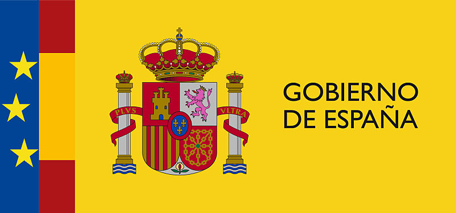International convention against doping
La Convención Internacional contra el Dopaje en el Deporte entrará en vigor el 1º de febrero
11-12-2006 8:00 pm The International Convention against doping in sport, unanimously adopted by the General conference of the UNESCO on 19 October 2005, will enter into force on 1 February 2007, since Luxemburgo deposited on 11 December 2006 its instrument of ratification, which completes the 30 raticaciones necessary. The first paragraph of Article 37 of the convention provides that It “ will enter into force on the first day of the month following the expiration of one month after the date on which the deposit of the thirtieth instrument of ratification, acceptance, approval or accession ”. This text, first of international scope in the field of doping in sport, has been ratified by 30 states * in record time. “ Any other international legal instrument produced by the UNESCO has undergone a ratification so fast, ” said the Director General of the organization, Koichiro Matsuura. "This Convention long-awaited will enter into force within only a month. This is good news for all with which we show to youth and the world of professional and amateur sport that we have taken the issue with the utmost seriousness ”.
The General Manager added: “ the member states of the UNESCO showed determination and responsibility respecting the commitments taken with the sports world. The fight against doping is an election educational, an Ethical battle for human rights and a bet for life. Thanks to this convention, the fight against doping is registered, for the first time, in international law. Governments, the sports federations, the Olympic movement and civil society now have a real binding legal instrument ”.
The World Anti-Doping Code, adopted by the World Anti-Doping Agency (LOVES) in March 2003, was the first attempt to harmonizing rules to combat doping in sport. However, this code was not a binding legal status in the field of international public law, given that the LOVE is a foundation of Swiss private law. Instead, the new convention allows harmonising regulations against doping in all countries and to all sports.
The General Manager will convene the first meeting of the Conference of the Parties from 5 to 7 February 2007 at the headquarters of the UNESCO. In the agenda of the conference, will include the choice of your Table and rules, the creation of a voluntary fund to contribute to the eradication of doping in sport and modifications to the list of banned substances and methods already approved by the Love.
In the context of the work done to boost the fight against doping, Belgian tennis player Justine Hénin-hardenne will receive the appointment of champion of the UNESCO for the promotion of sport on 14 December 2006 in Paris. This famous sportsman has pledged to put your reputation in the service of the fight against doping in sport and education to sensitize the dangers that this practice unsportsmanlike nommé young.
* * * *
* In chronological order of ratification: Sweden, Canadá, Man, New Zelandia, Norwegian, Australia, Mónaco, Islandia, islands Cook, Nigeria, Letonia, United Kingdom of great Britain and Northern Ireland, Nauru, Seychelles, Mauricio, Violent Crime, Lituania, Chinese, Bahamas, Perú, Mozambique, Rumania, Spain, Níger, Ukrainian, Bolivia, Netherlands, Namibia, Companies Separately. and Luxemburgo.


